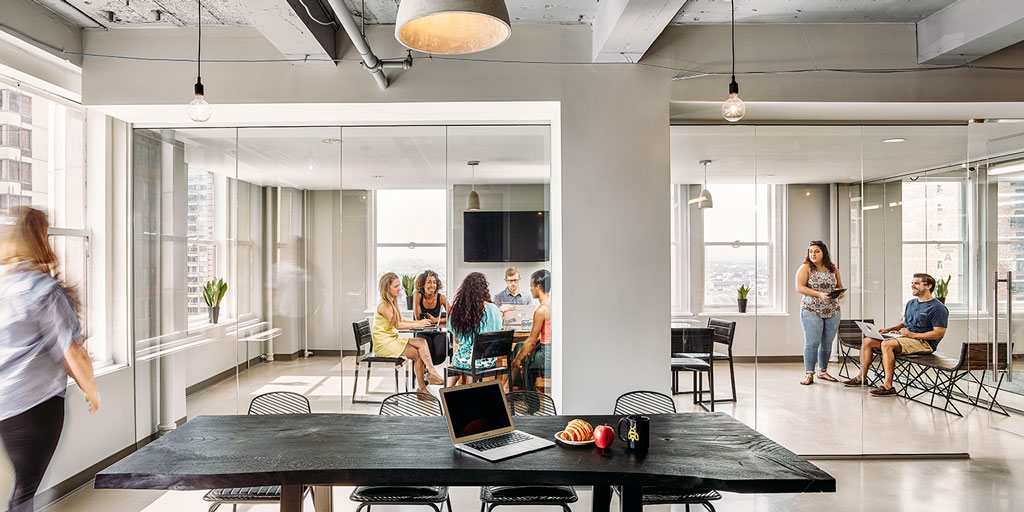The gig-economy is driving the demand for coworking spaces. – Gridium
We are on the brink of a Fourth Industrial Revolution. Technology advances and innovations are rapidly happening today, driving the change on how and where people work across the globe.
The concept of working from virtually anywhere is a new reality. Freelancers are growing in number, digital nomads are trending, and the gig economy has worked its way into politicians’ agendas.
There’s no denying that there have been been major changes on how people work. The flexible workspace industry has been a part of this change and will continue to be a part of it so long as the gig economy continues to grow on a global scale.
Some quick facts:
- Upwork’s 2015 study stated there were about 53 million freelancers in the US by August, 2015
- IPSE’s December 2015 Economic Outlook claims that there are above 4.6 million freelancers and self-employed professionals in the UK
- The European Forum of Independent Professionals (EFIP) research (2013) showed that freelancers in European Union increased by 45%, with 8.9 million freelancers by 2013; making freelancers the fastest growing group in the EU labor market. (This was 2 years ago, it’s safe to assume the number has gone up significantly).
- Truelancer calculated a total of 15,000,000 freelancers in Asia by March, 2015
- According to Intuit, ‘on-demand’ workers will more than double by 2020
Gig economy, freelancers, self-employed, the name doesn’t matter…the numbers don’t lie and it looks like they’ll keep on rising; which is good news for you.
Though the flexible workspace market is expanding and a greater variety of companies are starting to use them, a significant part of flexible workspace users are freelancers or entrepreneurs. Working on your own and having your own terms has its advantages, but it can also lead to loneliness and isolation. While at first this might seem like paradise to some, it can get old quickly and freelancers will feel the need to be around people — for the sake of their mental health, their creativity, their productivity, and their overall social skills.
This is where the value of flexible workspaces comes in. Like we recently discussed, flexible workspaces don’t just sell and offer a space to work. Most operators aim to offer a 360-degree experience; from offering space to providing members with a sense of community and belonging.
As the gig economy grows, more professionals will be needing a place to work.
The gig-economy is made up of all types of professionals, some that might need a workspace, some that will not, and some that will opt to work from home or a coffee shop. But even so, more professionals opting to work as freelancers means more desk space will be needed in flexible workspace industries. More desks means more space, and more clients…ergo, flexible workspace industry growth.
If you’re not already reaching out to freelancers, now is the optimum time to do it.



 Dr. Gleb Tsipursky – The Office Whisperer
Dr. Gleb Tsipursky – The Office Whisperer Nirit Cohen – WorkFutures
Nirit Cohen – WorkFutures Angela Howard – Culture Expert
Angela Howard – Culture Expert Drew Jones – Design & Innovation
Drew Jones – Design & Innovation Jonathan Price – CRE & Flex Expert
Jonathan Price – CRE & Flex Expert












